JONES LAW GROUPYour Lawyers for Life! Personal Injury Law Firm in St. Petersburg
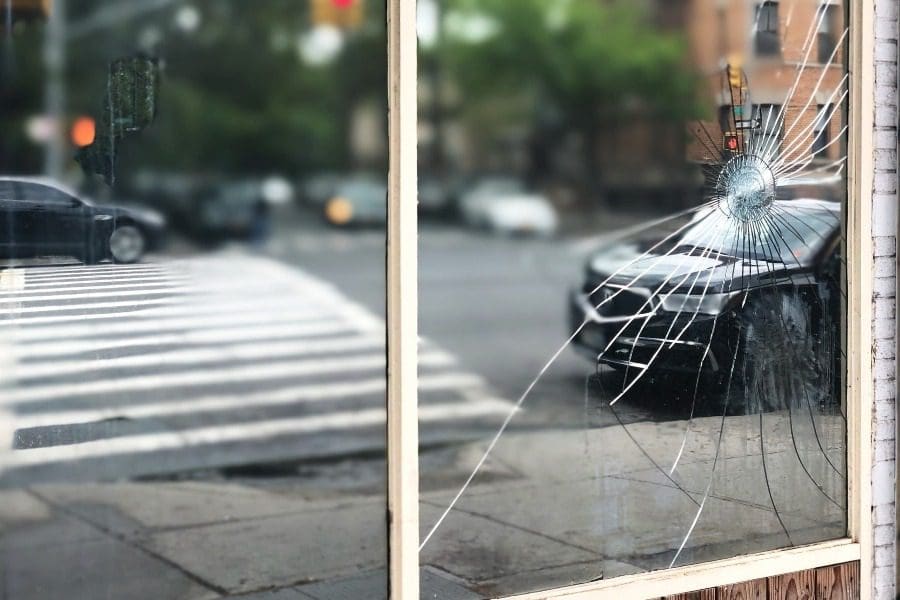
Being involved in a car accident is obviously stressful. Trying to keep your composure can be extremely difficult, to say the least. But keeping your head will be incredibly important – especially if the wreck isn’t your fault. The reason is you’ll need to try and gather the evidence you’ll need if you decide to […]
Call our personal injury law office directly at (727) 512-9847
At Jones Law Group in St. Petersburg, FL, we would like to hear from you. Contact us for a free personal injury case consultation.
Call our personal injury law office at (727) 512-9847
Get educated on the Florida's personal injury laws and more.
Being involved in a car accident is obviously stressful. Trying to keep your composure can be extremely difficult, to say the least. But keeping your head will be incredibly important – especially if the wreck isn’t your fault. The reason is you’ll need to try and gather the evidence you’ll need if you decide to pursue legal action against the at-fault driver.
The attorneys with Jones Law Group will be ready to help if you or a loved one has been injured or killed due to the actions of a negligent driver. Get in touch with us online or call (727) 571-1333 for a free consultation.
The more evidence you can gather after an accident, the stronger your case will be. Photos, videos, voice recordings and other pieces of evidence will help you remember all of the details. They’ll also be the foundation on which your case will be built.
Evidence can be a huge help, whether you’re considering a lawsuit or you’re having issues with your insurance company. It will go a long way toward supporting you should your insurance adjuster say your claim should either be reduced, or denied completely.
If you decide to pursue legal action, you will bear what is known in legal terms as the “burden of proof.” This basically just means that you, the plaintiff in the case, will have to prove that the other driver was to blame for the accident. You’ll also have the burden of proof if there’s any kind of dispute with your insurance company.
In order to meet that burden, you’ll have to produce evidence that supports the following:
These are just some of the different types of evidence that could greatly strengthen your case.
There are a lot of instances where the driver who caused the accident will admit fault at the scene, only to eventually change his or her story. If you don’t have a record of that driver’s statement – either through a police report or by somehow recording the statement yourself – then you won’t have any proof the statement was ever made.
Your first step should be to make sure the statement is in the police report. Anytime an accident occurs that results in an injury, the police must be called immediately after calling for medical help. Also, you could either take a video of the other driver making their statement, or make a recording by using your phone.
There’s also a pretty good chance there were other people who saw the accident take place, and know why it happened. You can gather witness statements in many ways. The best way will be through the police officers investigating the accident. If the wreck took place on an interstate, there may also be a Federal Highway Administration investigation. This could also be a good source.
Never forget that the defendant may try to use you as a witness to damage your case. Don’t speak with anyone representing the defendant, whether that’s an attorney, an insurance company or anyone else. If you accidentally say something wrong, that could severely damage the chances of winning your case. A skilled attorney might even be able to convince a jury that the wreck was your fault.
Pictures and videos are about the most powerful pieces of evidence that the plaintiff in a personal injury case can gather. Photos can show just how an accident occurred. For example, skid marks behind the defendant’s vehicle indicate that they tried to come to a sudden stop. That will be a good indication that the defendant was speeding at the time of the accident.
In addition to photos at the accident scene, you’ll also want to consider taking pictures of your injuries as well, and damage to your vehicle. The more evidence you can gather through photographs and videos, the better.
Expert witnesses can also greatly help strengthen your case. Your attorney will, for instance, probably get an accident reconstruction specialist to testify. The person is an expert who uses scientific methods to determine exactly how an accident took place.
A medical expert witness may also be called to testify regarding how badly you were injured, and the lasting effects that may occur. Medical expert witnesses can show a jury how your quality of life will be impacted. Additionally, they will show how much it will cost to treat the injuries you suffered.
These are other key pieces of evidence in a lawsuit stemming from a car accident. You need to make sure you hold on to every document relating to your injury. This could include statements from doctors, receipts, medical bills, prescriptions and anything else that has to do with your treatment.
This is extremely important, because a major portion of any settlement or jury award you will receive (if you’re successful, of course) will be based on your medical expenses.
Once you have received the medical attention you need, and you’ve reported the accident to police, your next step should be to get in touch with a seasoned, skilled attorney. Never trust that your insurance company will take care of your expenses. We’ve seen far too many instances where insurers did exactly the opposite. If the accident wasn’t your fault, an attorney will help you gather the evidence you need to have the best possible chance of seeing a positive result in your case.
The professionals with Jones Law Group have the experience and knowledge needed to help if you or a loved one has been hurt in a car accident caused by someone else’s negligence. Contact us online, use our Chat feature, or call 727-571-1333 for a free review of your case.
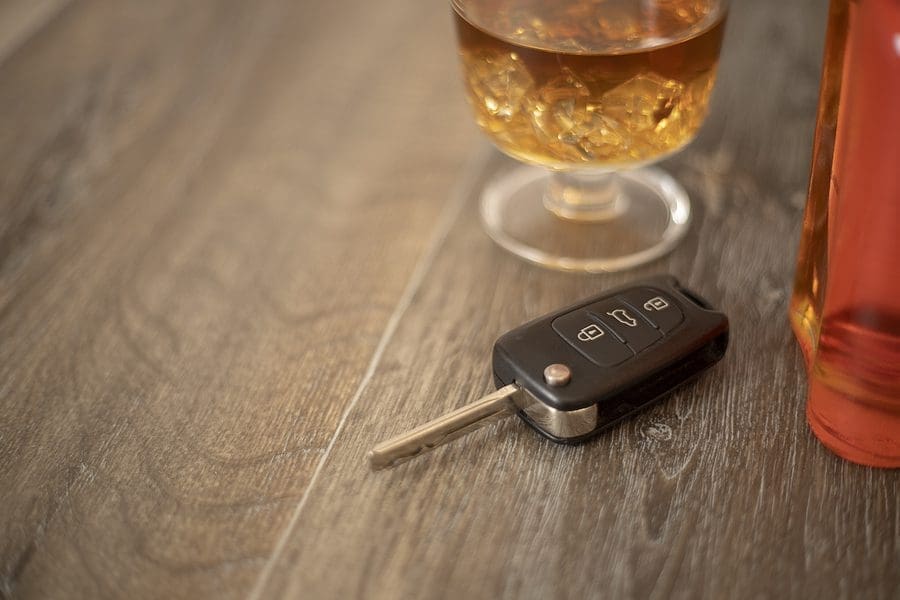
The Fourth of July is supposed to be a fun day filled with fireworks and great food. But, like any other holiday, it can quickly turn tragic. Independence Day is actually the deadliest holiday, with hundreds of people dying in car accidents across the U.S. each year. But if you keep the following safety tips […]
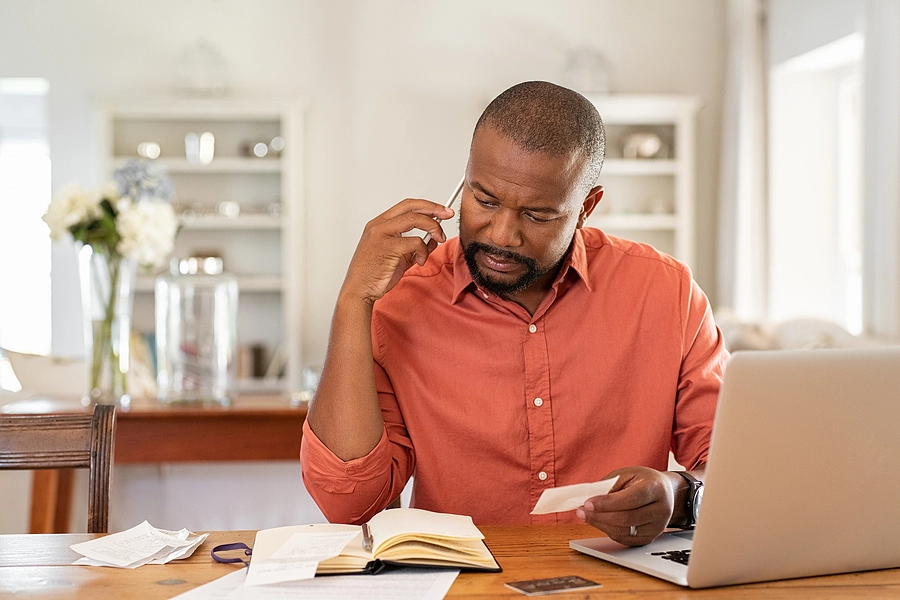
The process of finding a qualified, compatible, and suitable car accident attorney typically involves thorough research and vetting. Summary Car accidents are stressful on a number of levels. Aside from the obvious damage to or loss of your vehicle, there may also be negative effects on one’s emotional and physical health. Loss of transportation may […]

Riding a bike in any state can be scary, with the potential of a bicycle accident always on the horizon. Many drivers don’t properly share the road, leaving enough space for bicyclists to operate without feeling unsafe. While there has been a huge movement in recent years, with cities adding bike lanes and other safety […]
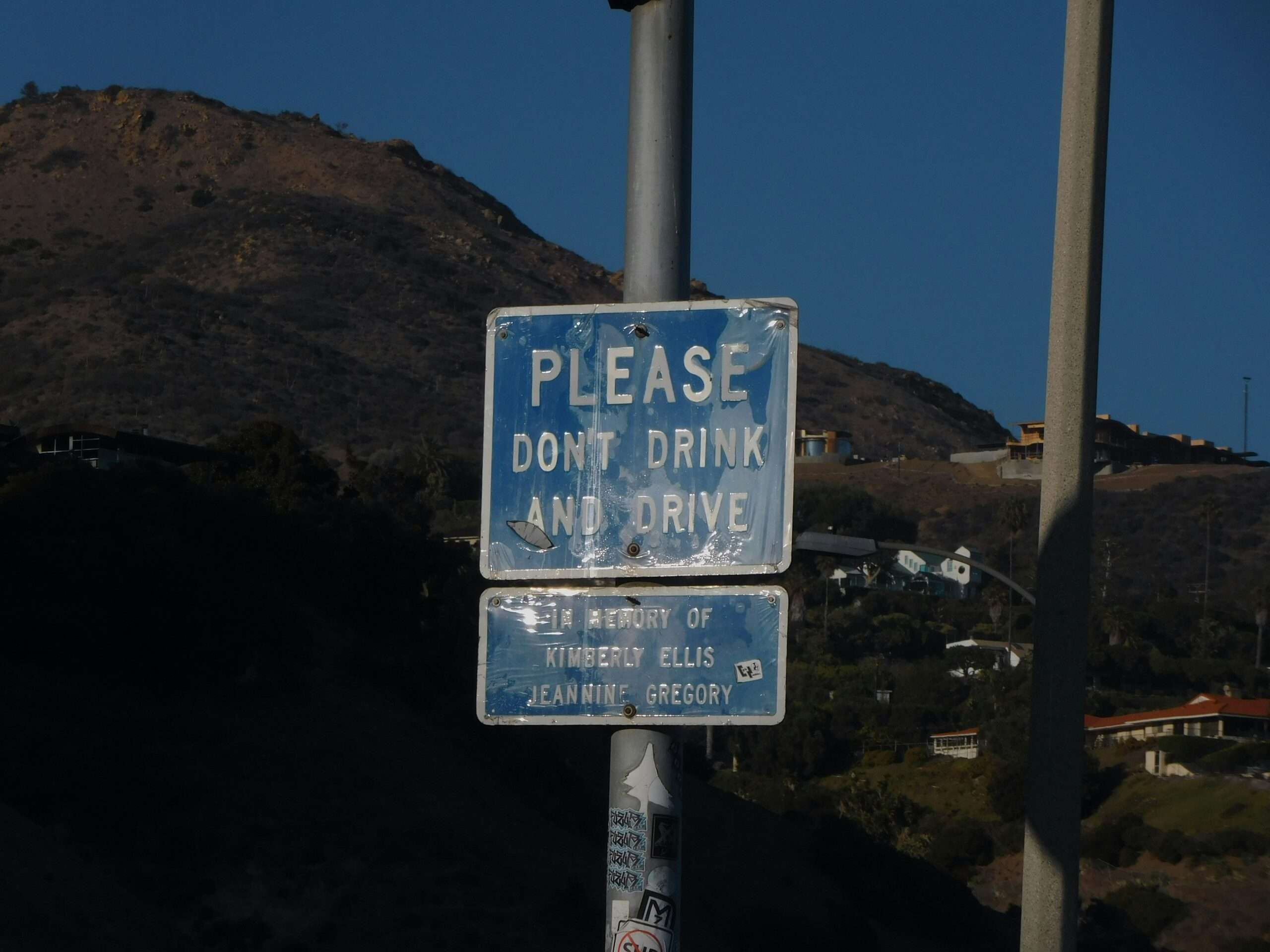
Facing a DUI accident in Tampa Bay? This step-by-step guide from Jones Law Group’s top DUI accident lawyers outlines essential actions to protect your rights, gather evidence, and secure compensation under Florida law. Serving St. Petersburg and the Tampa Bay area—contact us for expert help today.

Florida is home to some of the world’s most popular theme parks, as well as beautiful beaches and tropical weather. With so many vacationers, some Florida cities have become a popular destination for bed bugs as well. Bed bugs are tiny parasitic insects that are excellent at hiding, and can easily squeeze into luggage, clothing, […]
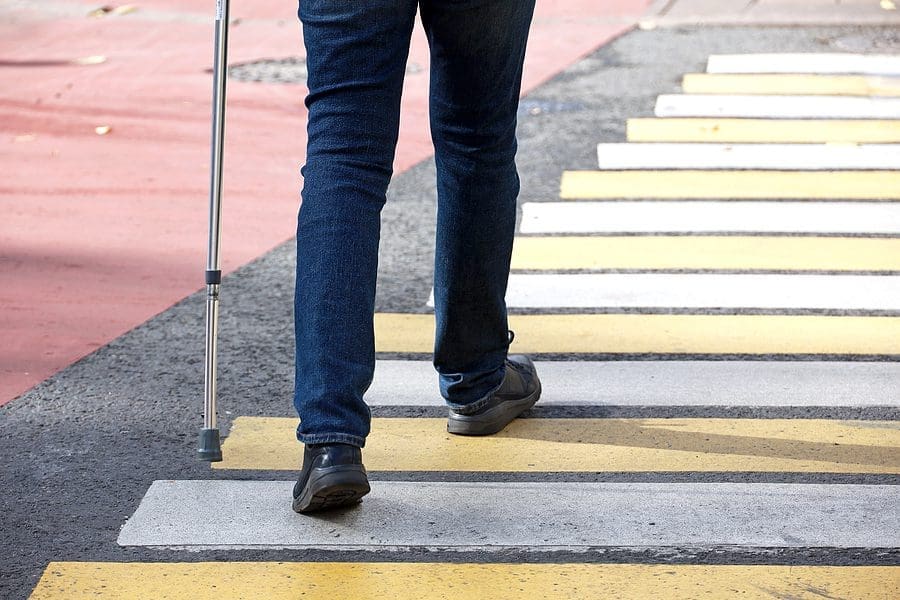
Injuries caused by pedestrian accidents can be severe and life-threatening, causing long-lasting consequences like disability. Unfortunately, while pedestrians can heed safety tips, dangerous and negligent motor vehicle drivers may still strike. It’s been well established that Florida is one of the most dangerous places in the entire country to be a pedestrian. In 2019, 700 […]
Speak with us before time runs out! In Florida, you have a limited window to file a personal injury case, so speak to an Attorney today.
Call our personal injury law office directly at (727) 512-9847
Jones Law Group is a dedicated personal injury lawyer in St. Petersburg, FL, serving the Tampa Bay area since 2006. Our experienced attorneys specialize in car accidents, slip and fall cases, employment law disputes, construction law issues, and overtime wage claims, fighting for maximum compensation on a contingency fee basis. Contact us for a free consultation to discuss your case.
Call our personal injury law office at (727) 512-9847
© Copyright 2006–2025 Jones Law Group Attorneys at Law. All rights reserved. Privacy Policy Terms of Use
Attorney Advertising.
The information on this website is for general information purposes only. Nothing on this site should be taken as legal advice for any individual case or situation. This information is not intended to create, and receipt or viewing does not constitute, an attorney-client relationship. Past results do not guarantee similar outcomes.
Are you injured or wronged and interested in a consultation? Fill out the form for a free consultation with us.